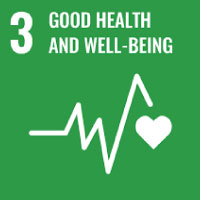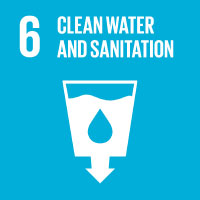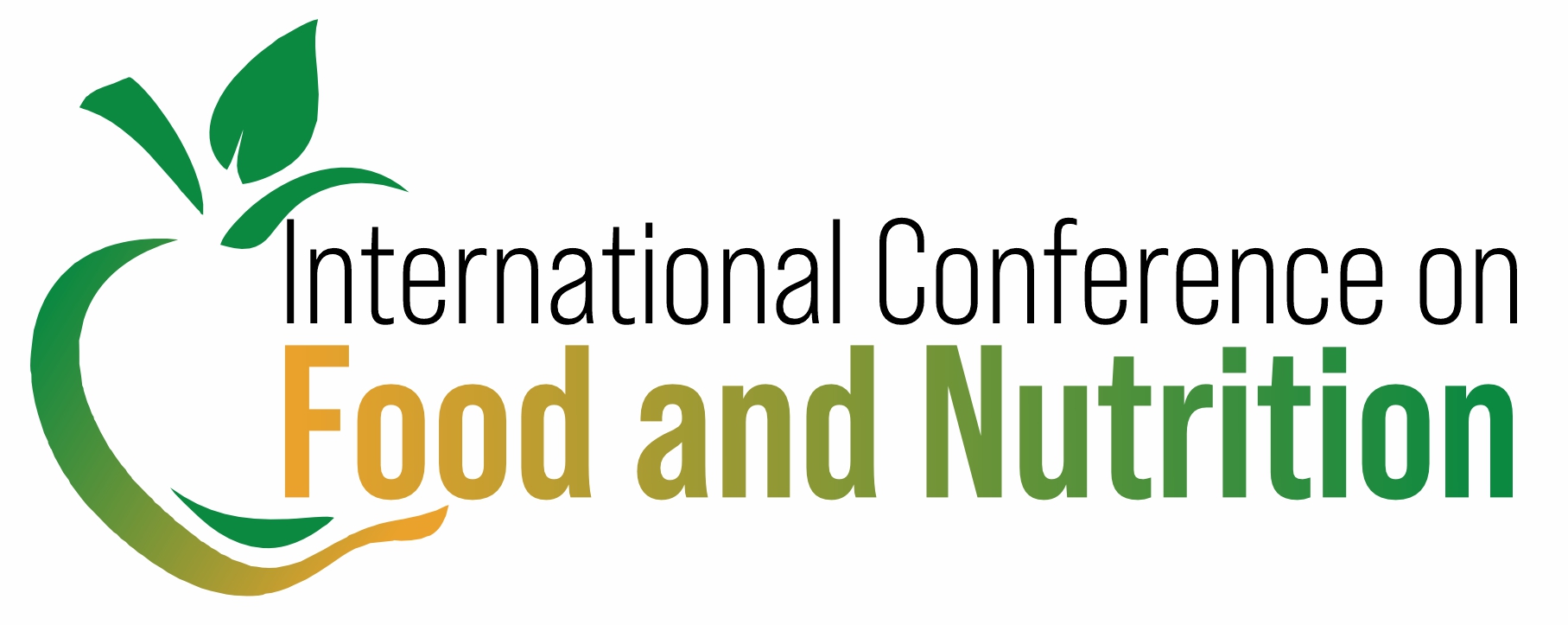- Phone
+1 (815) 859-9409
- Mail to
[email protected]
Food Safety and Hygiene Practices
Session Overview

Goal 3: Good Health and Well-being
Ensure healthy lives and promote well-being for all at all ages through accessible healthcare and preventive measures. Improve health systems and access to quality services to enhance overall well-being.

Goal 6 : Clean Water and Sanitation
Ensure availability and sustainable management of water and sanitation for all. Address water scarcity and improve sanitation to prevent waterborne diseases and promote public health.
Who Can Join
Tracks
Topics of Interest for Submission include, but are not limited to:
1 Hazard Analysis and Critical Control Points (HACCP)
2 Foodborne illness prevention strategies
3 Safe food handling techniques
4 Proper storage and refrigeration guidelines
5 Importance of sanitation
6 Regulations on food labeling and packaging
7 Quality assurance in food production
8 Emerging pathogens and food safety risks
9 Food safety education for consumers
10 Global initiatives for food safety improvement
11 Impact of food allergies on dietary choices
Key Themes:
- Exploring cutting-edge technologies that revolutionize culinary practices, enhance food production efficiency, and offer innovative gastronomic experiences.
- Addressing strategies to tackle hunger, food scarcity, and equitable food distribution in the context of growing global populations and resource constraints.
- Highlighting advancements in food safety protocols, contamination prevention, and hygiene practices to ensure healthier consumption.
- Investigating the integration of traditional diets and medicinal foods into modern nutritional science for enhanced well-being.
- Emphasizing the role of diverse dietary habits and cultural influences in shaping sustainable and inclusive nutrition systems.
- Advocating for sustainable farming techniques, eco-friendly food production systems, and technological interventions in agriculture.
- Exploring adaptive strategies for food systems to withstand and mitigate the impacts of climate change.
- Discussing the potential of plant-based, lab-grown, and other alternative proteins as sustainable solutions for future food needs.
- Promoting awareness, policy-making, and advocacy efforts for better public nutrition and health outcomes globally.







